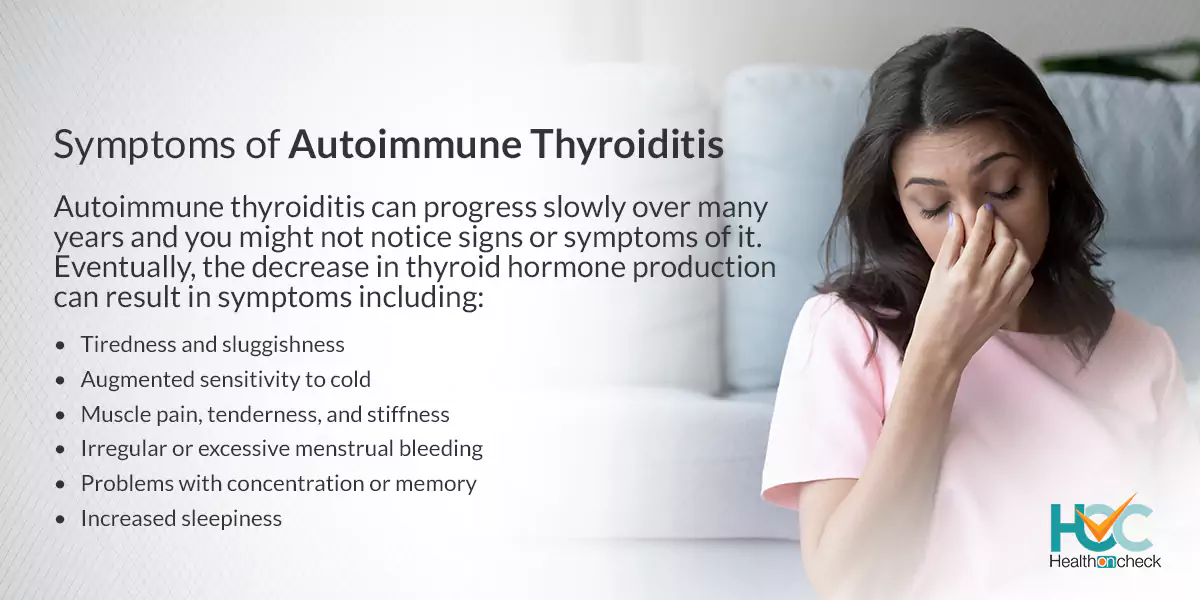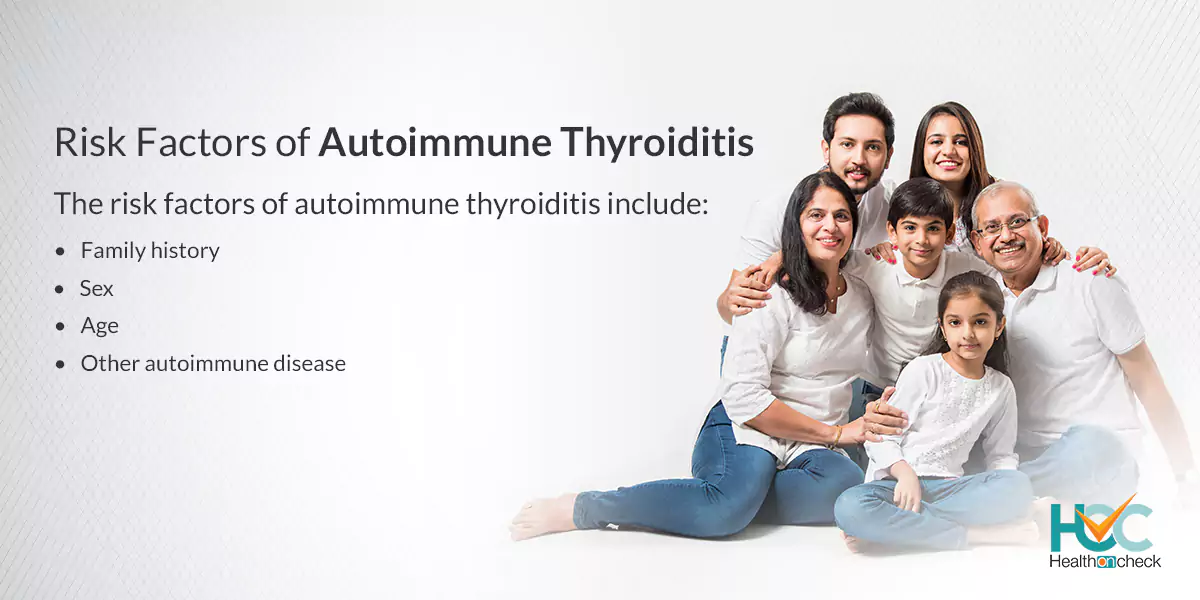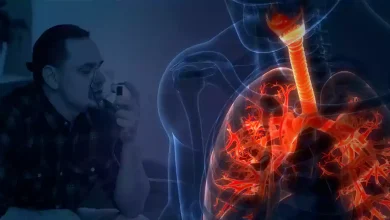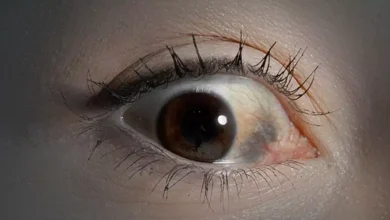What is Autoimmune Thyroiditis?
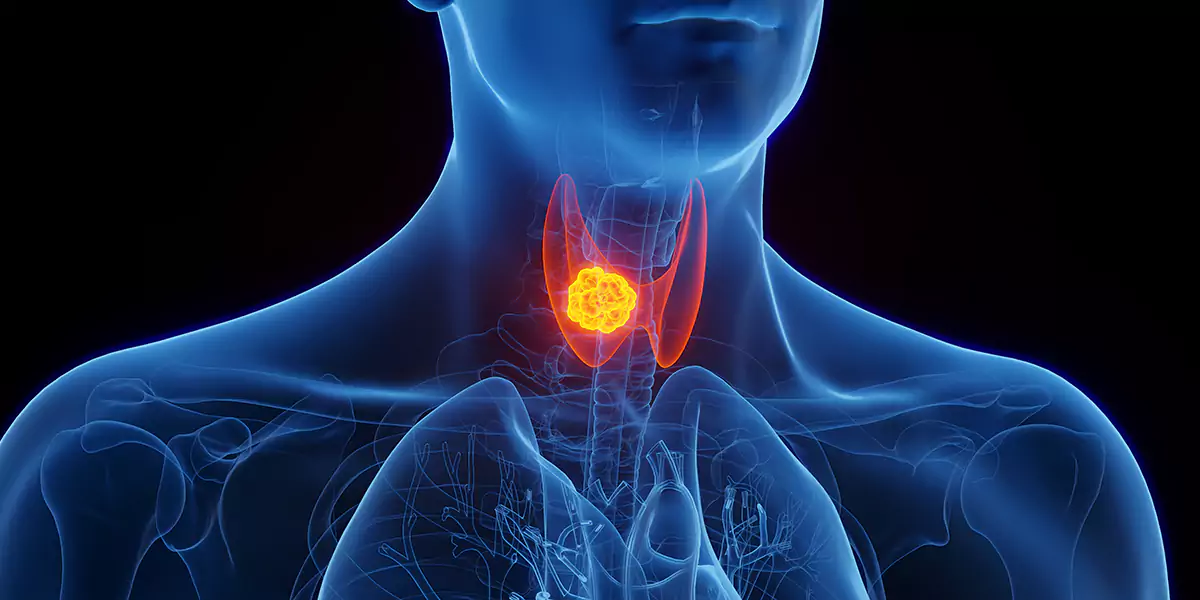
Autoimmune Thyroiditis is an autoimmune disease that can lead to hypothyroidism (underactive thyroid). It’s a lifelong (chronic) condition but can be controlled and managed with prompt diagnosis and treatment. The thyroid is a small gland in front of your neck whose function is to create hormones that help in controlling just about every organ of your body. When your thyroid hormone levels are too high or too low, your body can’t function properly affecting your energy level, weight, and mood. If your thyroid becomes inflamed, you develop thyroiditis and a few times it occurs because your body produces antibodies that attack your thyroid mistakenly. This condition is known as autoimmune thyroiditis. Some other names for this disease are Hashimoto’s thyroiditis, Hashimoto’s disease, or chronic lymphocytic thyroiditis.
What are the Symptoms of Autoimmune Thyroiditis?
Autoimmune thyroiditis can progress slowly over many years and you might not notice signs or symptoms of it. Eventually, the decrease in thyroid hormone production can result in symptoms including:
– Tiredness and sluggishness
– Augmented sensitivity to cold
– Increased sleepiness
– Dry skin
– Constipation
– Weak muscle
– Muscle pain, tenderness, and stiffness
– Joint pain and stiffness
– Irregular or excessive menstrual bleeding
– Depression
– Problems with concentration or memory
– Goitre
– Puffy face
– Brittle nails
– Loss of hair
– Enlarged tongue
What are the Causes of Autoimmune Thyroiditis?
Autoimmune thyroiditis is an autoimmune disease, meaning your cells and organs are attacked by your body’s immune system.
Usually, your immune system defends your body against harmful outside ailments such as bacteria and viruses. But in the case of autoimmune thyroiditis, the following happens:
– Your immune system creates antibodies that attack your thyroid tissue for reasons not yet known.
– Huge numbers of white blood cells (lymphocytes) accumulate in your thyroid which leads to inflammation (thyroiditis) and damage of your thyroid.
– Over some period, the damage might stop your thyroid from producing enough thyroid hormone that your body requires which causes hypothyroidism. Though, not everyone with autoimmune thyroiditis develops hypothyroidism.
What are the Risk Factors of Autoimmune Thyroiditis?
The risk factors of autoimmune thyroiditis include:
– Family history
According to research, your genetics are responsible for about 80% of your chances of developing autoimmune thyroiditis. If you have biological family members such as a parent or a sibling with this condition or any other thyroid disease, then you’re more susceptible to developing it.
– Sex
Women are 10 times more likely to get this condition than men and it partly might be due to sex hormone influences.
– Age
With passing age your risk of developing this condition and other thyroid diseases increase.
– Other autoimmune disease
If you have another autoimmune disease including rheumatoid arthritis, type 1 diabetes, or lupus then you have an increased risk of developing autoimmune thyroiditis.
What are the Complications of Autoimmune Thyroiditis?
Thyroid hormones are quite vital for the healthy functioning of various body systems and if autoimmune thyroiditis is left untreated, many complications might occur including:
– Goitre (enlargement of the thyroid gland)
– Heart problems
– Mental health problems
– Sexual and reproductive dysfunction
-Pregnancy related problems such as miscarriage or preterm birth.
– Babies born to women with untreated hypothyroidism might suffer from health conditions such as low intellectual abilities, speech delays, autism, and other developmental issues.
– Myxedema, a rare but life-threatening condition, might develop because of long-term, serious, and untreated hypothyroidism. Myxedema needs immediate emergency medical treatment.
How Autoimmune Thyroiditis is Diagnosed?
To diagnose autoimmune thyroiditis, your doctor will ask questions about the symptoms you are experiencing, and your medical history. Then he will perform a physical exam that includes feeling your thyroid gland and then blood tests are done to confirm the diagnosis including:
– Thyroid-stimulating hormone (TSH) test
A high TSH level mostly means that your thyroid gland isn’t making enough thyroxine (T4) hormone. This result normally means you have hypothyroidism or subclinical hypothyroidism.
– Free thyroxine (T4) test
A low T4 level means that you have hypothyroidism.
– Antithyroid antibody test
If you have some particular autoantibodies in your blood, it usually suggests autoimmune thyroiditis as the reason for hypothyroidism, as opposed to something else, such as iodine deficiency.
In a few instances, your doctor might prescribe a thyroid ultrasound (imaging test) to examine the size of your thyroid and to assure you don’t have thyroid nodules (growths).
What are the Treatment Options for Autoimmune Thyroiditis?
Medication is given mainly to treat hypothyroidism. In case you have mild hypothyroidism, you might not need treatment but getting regular TSH tests is important to monitor thyroid hormone levels. Autoimmune thyroiditis can’t be reversed or cured but lifelong medication can manage and control hypothyroidism and your thyroid hormone levels.
Treatment Options for autoimmune thyroiditis include:
– T-4 hormone replacement therapy
A synthetic hormone called levothyroxine (Levoxyl, Synthroid, others) is used to treat hypothyroidism linked with autoimmune thyroiditis disease. The synthetic hormone works like the T-4 hormone which is naturally created by the thyroid.
Treatment aims to restore and maintain adequate T-4 hormone levels and better the symptoms of hypothyroidism. You will need this treatment for the rest of your life.
Your doctor will decide on a certain amount of dosage of levothyroxine that’s fitting for your age, weight, present thyroid production, and other medical conditions and factors. Your TSH levels will be checked by the doctor around 6 to 10 weeks later and adjust the dosage as needed.
After the dosage is decided, you have to continue taking the medicine one time a day. After that, you have to take follow-up tests once a year to monitor TSH levels or any time after your doctor changes your dosage.
– T-3 hormone replacement therapy
In this treatment procedure, the naturally made T-4 is converted into another thyroid hormone known as triiodothyronine (T-3). The T-4 replacement hormone is also transformed into triiodothyronine (T-3), and for most people, the T-4 replacement therapy leads to a proper supply of T-3 for the body.
Your doctor also may advise a synthetic T-3 hormone (Cytomel) or a synthetic T-4 and T-3 combination for people who require better symptom control. Fast heartbeat, anxiety, and insomnia are some side effects of T-3 hormone replacement therapy. These treatments might be tested within 3 to 6 months of the trial period.
Living with Autoimmune Thyroiditis
Getting diagnosed with autoimmune thyroiditis can be stressful and overwhelming because it’s a lifelong condition with no cure but it can be managed with proper treatment. If you have autoimmune thyroiditis, you have to meet your doctor regularly. They will carry out routine thyroid hormone blood tests to make sure your levels are in the proper range and the medication dose is correct for you. If you develop new or worsening symptoms or notice a change in your thyroid then you shall immediately seek medical help by consulting with your doctor.
Whom to Consult?
The signs and symptoms of autoimmune thyroiditis might differ widely and are not specific to the disorder. Because of the reason that these symptoms might come from other disorders also, it’s vital to consult your doctor for a timely and accurate diagnosis. If you’re noticing symptoms of autoimmune thyroiditis or have certain risk factors for it like a family history of thyroid disease, then also you should meet your doctor for a diagnosis. Your doctor will perform some simple tests to diagnose your problem and start treatment according to it.

